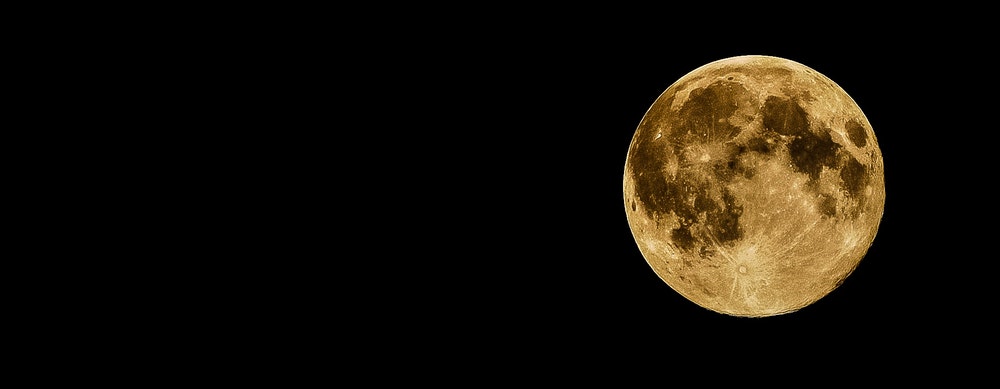What is the “follicular phase” of a woman’s cycle, and why should she care about it?
Out of the four phases of the overall menstrual cycle, the follicular phase comes second, after the menstrual phase, and leads directly into ovulation. It normally comprises days 1-14 of an average28-day cycle. Three primary areas comprise the focus of the activity during this phase, which include 1. ovogenesis (translation: generating of the ovum, or producing the egg), 2. production of estrogen, and 3. determination of the length of the rest of the cycle.
A follicle-stimulating hormone, or FSH, increases in the woman’s blood early in the days of menses, which selects about 6 – 12 follicles to begin growing inside the ovaries. Not all primordial follicles grow at once, but rather only the number selected. If they were to mature all at once, premature menopause would ensue.
Follicular formation and maturation
The follicles themselves are already created and total up to 400,000 while a woman is still in utero in her own mother. Amazingly, these follicles are all she will need (most likely) from the start of her periods (menarche) to her days of menopause. They sit in her ovaries until a certain stage in maturity during which they are termed “primordial follicles.” Once the woman hits puberty, their development continues until they are fully mature and form the Graafian follicle, which then prepares to release the egg.
Prepping for the egg
Preparation of the egg includes a building up of fluid in the follicle, and enlargement of the follicular wall. As the ovum “ripens,” it also enlarges, and the follicle in turn secretes the hormon estradiol, which prepares the endometrial lining for receiving an egg. Further maturity ensues with the egg moving to the surface of the ovary and developing a projection.
An egg is born
Later the Graafian follicle ruptures and releases the egg, passing it into the Fallopian tubes. From there, ovulation takes place, around 14 days into an average 28-day cycle, 2 weeks (or 14 days) after menstruation. Ovulation allows the egg to travel through the Fallopian tubes into the uterus, taking up to 3 days, and the empty ovarian Graafian follicle fills with corpus luteum, which secretes progesterone, to further prepare the endometrial lining for the egg to implant.
The importance of the follicular phase to all women
The follicular phase of a woman’s menstrual cycle is particularly important if she is trying to conceive, as it is the time to set the scene for producing a healthy egg. However, some also believe this phase is important whether you plan to conceive or not, as it is essential for maintaining well-balanced hormones. The regulating of hormones and “living in sync” with an ever-changing body can help women achieve optimal health.
Eating according to the follicular, new moon, or “springtime” phase and the spiritual component involved
Eating according to the current menstrual phase is suggested by some alternative practitioners with the aim of greater energy and nutrition for the woman and her potentially developing egg/fetus. From a spiritual and seasonal perspective, the follicular phase is “springtime,” as it follows the “winter” of our periods, and now our estrogen and progesterone levels have returned back down to their lowest once again. We begin to experience the dawn of a new rise in estrogen here as well. New energy and new, creative ideas are symbolized and likely experienced during this phase, where the woman may want to try new things or go new places. This makes sense as the follicular phase is basically the time when women of our ancient ancestry might have tried to seek out a mate in hopes of becoming pregnant with a new baby during the next phase.
Fresh, energizing, light foods are ideal for the follicular phase
Foods recommended to aid hormone levels during the follicular phase include lighter, energy-building foods like greens, light smoothies and juices, salads and sprouts, cashews, oats, beans, and peas. Vitamins A and B, which are crucial for healthy eggs, are abundant within these foods. For those who consume meat, chicken or freshwater clams are recommended. A perfect fresh smoothie for the follicular phase is created in this video. Women with PCOS should try to eat sprouted foods, avocado, and foods that are fermented are advised for this phase, such as sauerkraut.
* As with all my articles, please consult a physician before attempting the activities or diet strategy discussed here

